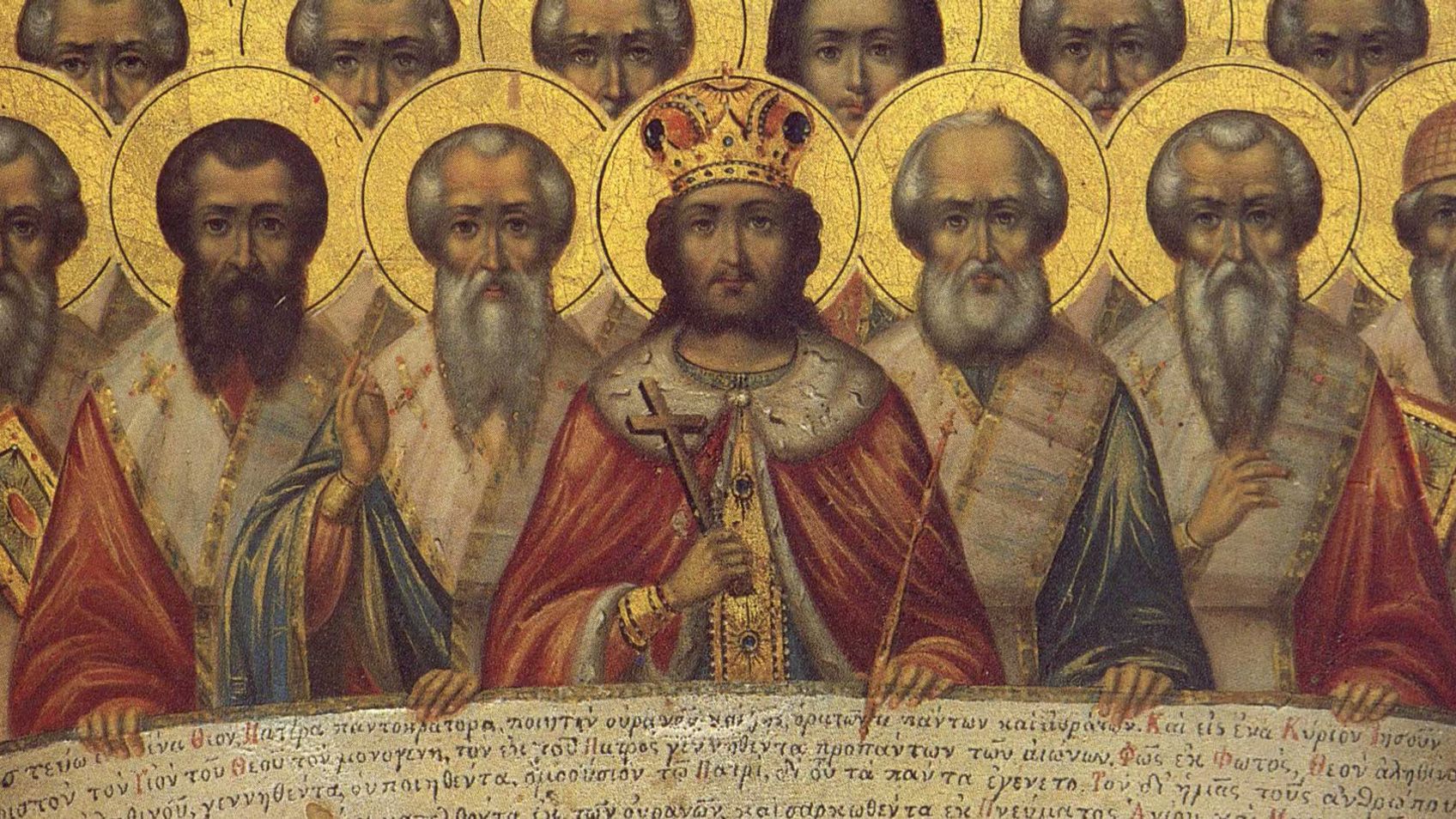
The Persecuted Non-Conformists (Part 2)
Church History — Steve GreggThe Persecuted Non-Conformists (Part 2)

Steve Gregg discusses the movements of non-conformists who challenged the basic doctrines of the Roman Catholic Church during a period of intense persecution 400 years prior to the Reformation. These groups included the Paulicians, Caffars, Bogomils, and the Waldenzies or Waldenzians, who opposed the Church's teachings on poverty and believed that prayers would not help those who had died and gone to hell. Other non-conformists included John Wycliffe and Jan Hus, who believed in the "sola scriptura" doctrine and opposed the Church's use of Latin during worship. Despite their persecution by the inquisition, these non-conformists were precursors to the Reformation and had a profound impact on the direction of Christianity in the years to come.
More from Church History



Series by Steve Gregg










More on OpenTheo














